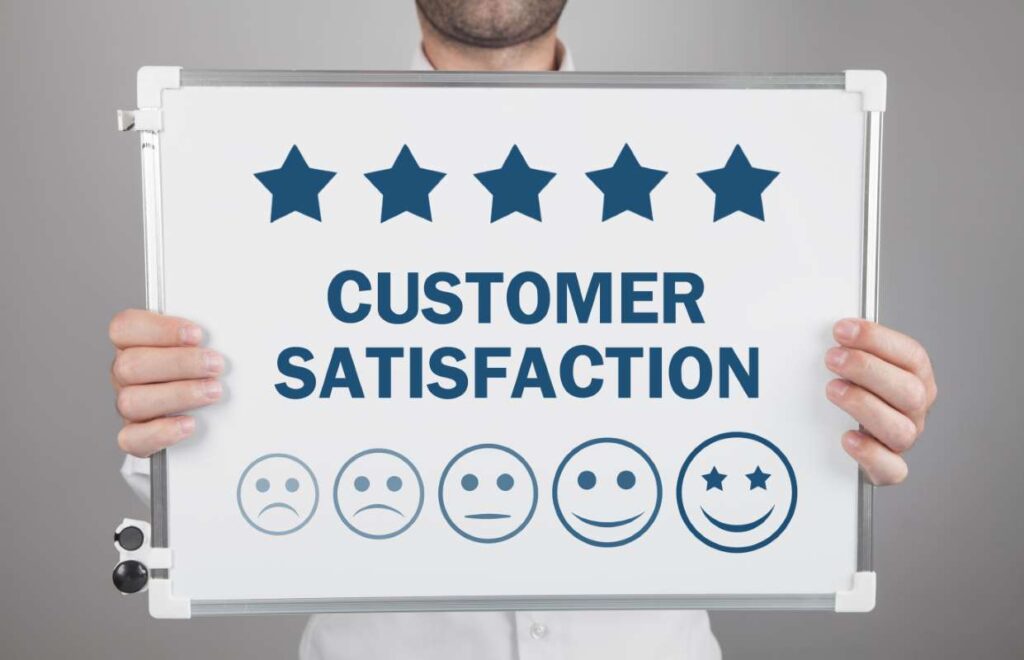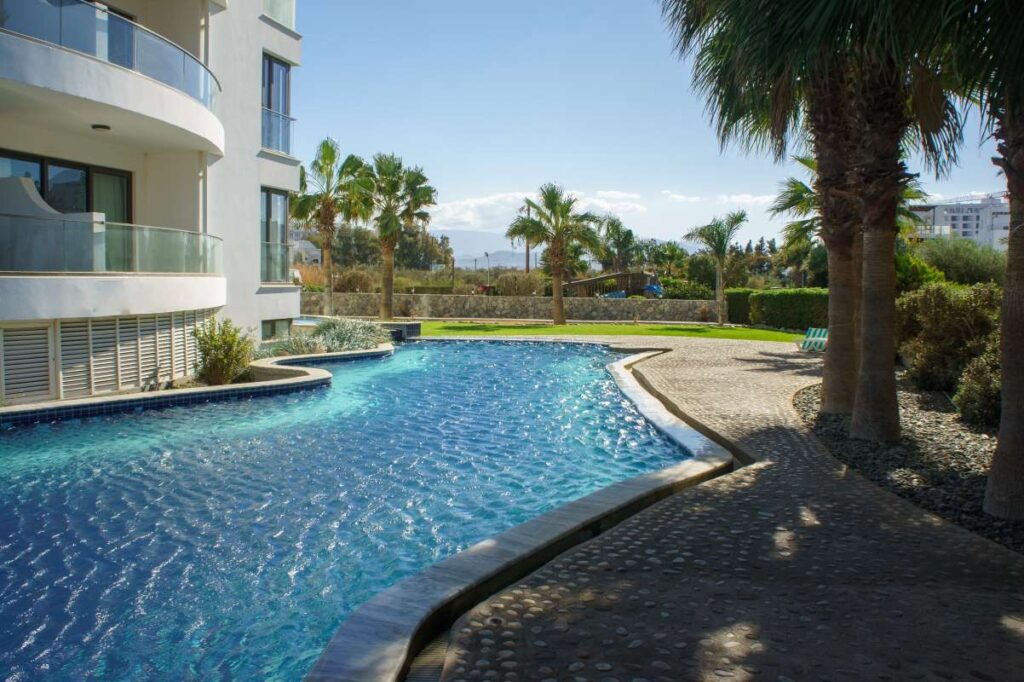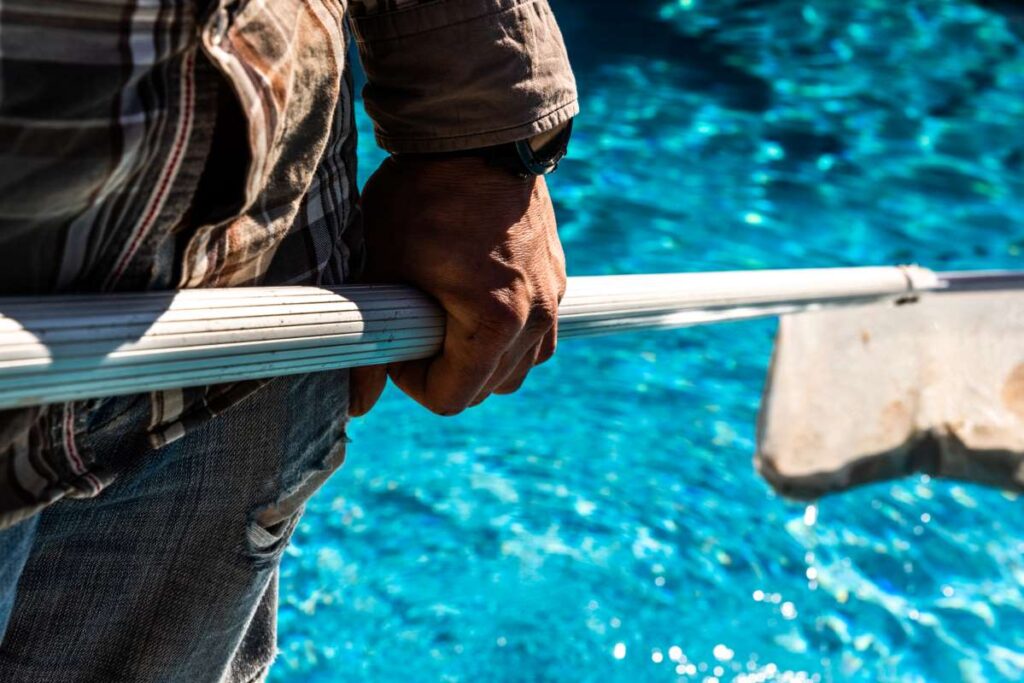Proper Disposal of Old Pool Chemicals and Containers
Learn how to properly dispose of old pool chemicals and containers to ensure safety and environmental protection. Follow our guide for effective disposal methods.
Improper disposal of pool chemicals can pose serious health risks and environmental hazards. Many pool owners find themselves with leftover, outdated, or unwanted pool chemicals and containers that they don’t know how to dispose of safely. In this blog post, we will dive into the crucial aspects of disposing of these chemicals and containers appropriately. We’ll cover the importance of proper disposal, guidelines for safe handling, local regulations, and best practices to protect yourself and the environment. Understanding these elements can help you manage your pool maintenance more responsibly and sustainably.
The Importance of Proper Disposal of Pool Chemicals
– Health and Safety Risks: Pool chemicals, such as chlorine and algaecides, are toxic substances. If not disposed of correctly, they can cause harm to humans and pets. Exposure to these chemicals can lead to respiratory issues, skin irritation, and other health problems. For instance, mixing different chemicals can create dangerous reactions, producing toxic gases that can be fatal.- Environmental Impact: Improper disposal affects the environment too. Chemicals that leach into the ground or water systems can contaminate soil and waterways, harming wildlife and disrupting ecosystems. For example, chlorine can lead to the death of aquatic life in nearby streams and lakes, contributing to an imbalance in local ecosystems.- Legal Consequences: Many areas have strict regulations regarding the disposal of hazardous waste, including pool chemicals. Failure to comply can result in fines and legal repercussions. It is essential to be aware of your local laws to avoid potential penalties.Understanding these factors underscores the significance of appropriate disposal methods for pool chemicals. By taking the time to dispose of these substances properly, you protect yourself, your community, and the environment.
Guidelines for Safe Handling and Disposal
When dealing with pool chemicals, follow these guidelines for safe handling and disposal:1. Read the Labels: Always start by reading the labels on chemicals for disposal instructions. Manufacturers often provide detailed disposal guidelines that should be followed carefully.2. Use Up Chemicals: Before disposing of pool chemicals, consider if there’s any way you can use them up. If they are still effective, use them according to their instructions. This not only reduces waste but can save you money.3. Never Mix Chemicals: Mixing different types of pool chemicals can create dangerous reactions, leading to toxic fumes or even explosions. Always keep chemicals separate and avoid combining them.4. Store Safely: If you have leftover chemicals, store them in a cool, dry place, away from direct sunlight and out of reach of children and pets. Ensure that containers are tightly sealed to prevent leaks or spills.5. Community Hazardous Waste Disposal Events: Many communities hold hazardous waste disposal events where residents can safely drop off chemicals for proper handling. Check your local government’s website for information about upcoming events.6. Contact Local Waste Management: If you are unsure how to dispose of your pool chemicals, contact your local waste management facility for guidance. They can provide information on accepted disposal methods and locations for safe drop-off.7. Use Professional Services: For large quantities of chemicals or if you feel uncomfortable handling them, consider hiring a professional hazardous waste disposal service. They have the necessary expertise to handle and dispose of chemicals safely.Following these guidelines can significantly reduce the risks associated with pool chemical disposal, ensuring the safety of yourself and the environment.
Understanding Local Regulations
Local regulations regarding the disposal of pool chemicals can vary significantly from one area to another. Here are some steps to help you navigate these regulations:- Research Local Laws: Check your local government’s website for specific regulations concerning hazardous waste disposal. Many municipalities have specific guidelines for pool chemicals.- Contact Local Authorities: If the information is not clear, don’t hesitate to contact your local waste management authority. They can provide clear guidance on what is allowed and the penalties for non-compliance.- Participate in Community Programs: Some communities have programs that allow for the safe disposal of hazardous materials, including pool chemicals. Participating in these programs can help you dispose of your chemicals responsibly.- Educate Yourself: Stay informed about changes in regulations. Join local community groups or forums dedicated to environmental issues, which often share valuable information about disposal and recycling programs available in your area.Understanding and adhering to local regulations not only keeps you compliant but also promotes a culture of safety and environmental responsibility within your community.
Best Practices for Pool Chemical Management
To minimize waste and ensure safe handling of pool chemicals, consider adopting these best practices:- Proper Inventory Management: Keep an accurate inventory of your pool chemicals to prevent over-purchasing. This can help you manage expiration dates and usage more effectively.- Educate Yourself on Alternatives: Research less harmful alternatives to traditional pool chemicals. For example, some pool owners are turning to saltwater systems or natural enzymes that reduce the need for harsh chemicals.- Disposal Containers: Invest in proper disposal containers for chemicals that are unusable or expired. Ensure these containers are labeled clearly and stored safely until you can dispose of them properly.- Regular Training: If you manage a team for your pool service, ensure that everyone understands the importance of proper chemical management and disposal. Regular training sessions can reinforce this message and promote a culture of safety.- Recycle Containers: Many chemical containers can be recycled once they are thoroughly cleaned. Check with your local recycling facility to understand what types of containers they accept.By integrating these best practices into your pool maintenance routine, you will not only promote safety and environmental responsibility but also extend the longevity and efficiency of your pool care operations.
Conclusion
In summary, the proper disposal of old pool chemicals and containers is a critical aspect of pool maintenance that should not be overlooked. By understanding the health risks, environmental impacts, and legal responsibilities associated with chemical disposal, pool owners can take proactive steps to manage their pool care more responsibly.By following the guidelines for safe handling, being aware of local regulations, and adopting best practices, you can ensure that your pool maintenance is safe for you, your family, and the environment. As you embark on your journey of responsible pool ownership, remember that every small action contributes to a larger impact on our world. If you’re looking to expand your pool service business or get started with efficient pool maintenance, explore our
Pool Routes For Sale and see how you can benefit from our comprehensive training and support. For more insights and resources, visit
Superior Pool Routes, and don’t hesitate to
Contact Us for any questions or further assistance.



